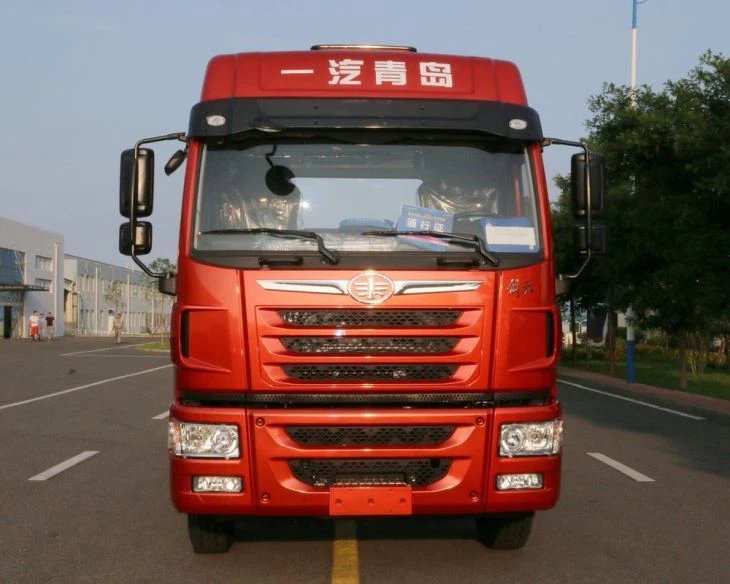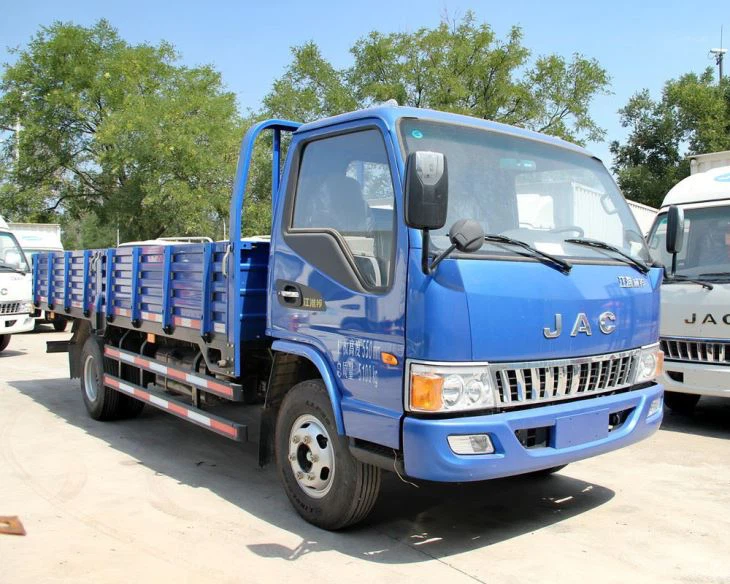Find the Best Bin Truck for Sale – A Comprehensive Guide

Introduction
Bin trucks, also known as refuse or waste collection trucks, are essential for municipalities, waste management companies, and businesses that require reliable waste disposal solutions. As the demand for efficient waste management continues to rise, purchasing the right bin truck can significantly impact operational efficiency and cost-effectiveness. This article will provide valuable insights into buying the perfect bin truck for your needs, including key features to consider, buying tips, and a comprehensive exploration of available options in the market.
Understanding Bin Trucks
What is a Bin Truck?
A bin truck is a specialized vehicle designed to collect waste material from various sources. These trucks come equipped with hydraulic arms or other systems that can lift and empty bins or containers. Bin trucks are commonly used in residential, commercial, and industrial waste management.
Types of Bin Trucks
- Rear Loaders: Ideal for residential areas, these trucks have a large opening at the back for easy loading.
- Side Loaders: These trucks allow the operator to collect waste from the side, often using automated systems for efficiency.
- Front Loaders: Commonly used in commercial settings, they lift front-mounted containers for collection.
- Roll-off Trucks: These trucks provide a flexible solution for large waste items and construction debris.
Key Features to Consider When Buying a Bin Truck
1. Payload Capacity
Consider the truck’s load capacity to ensure it meets your waste collection requirements. Bin trucks come in various sizes, with capacities ranging from 10 to 30 cubic yards. Choose a model that can handle your waste volume without needing frequent trips.
2. Engine Power and Fuel Efficiency
Look for a truck with a powerful engine capable of handling heavy loads. Additionally, consider fuel efficiency to control operational costs over time. Modern bin trucks often have diesel engines that offer better fuel economy compared to gasoline engines.
3. Hydraulic System
The hydraulic system is crucial for lifting and emptying bins. Ensure the truck has a reliable and efficient hydraulic mechanism. You may want to explore different hydraulic designs depending on the type of bins you’ll be using.
4. Safety Features
Look for safety features such as rearview cameras, alarms, and stability control systems. These features ensure operator and public safety during waste collection operations.

5. Durability and Maintenance
Select a truck made from robust materials that can withstand harsh working conditions. Ease of maintenance is also a critical factor; consider models that provide easy access to parts for servicing.

6. Comfort and Ergonomics
For operators who spend extended hours in the truck, comfort features such as adjustable seating, climate control, and ergonomic controls are essential. These factors can enhance productivity and overall job satisfaction.
Where to Find Bin Trucks for Sale
1. Authorized Dealers
Start your search at authorized dealers of popular truck manufacturers. These dealers often have new and used options available, along with warranties and financing options.
2. Online Marketplaces
Websites such as Truck Paper and Machinery Trader are excellent choices for browsing a wide selection of bin trucks from various manufacturers.
3. Auctions
Consider attending equipment auctions where you can find used bin trucks at competitive prices. Auctions may offer better deals compared to traditional sales methods.
4. Local Classifieds
Check local classifieds and online platforms like Craigslist. These sources often feature individual sellers who may offer lower prices compared to dealerships.
New vs. Used Bin Trucks
1. Advantages of New Bin Trucks
New trucks come with warranties, the latest technology, and fewer maintenance issues. Investing in a new truck ensures reliability and reduced downtime.
2. Advantages of Used Bin Trucks
Used trucks are generally more affordable and can offer excellent value if you find one well-maintained. However, it’s crucial to conduct a thorough inspection before purchasing to avoid potential issues.
Financing Options for Purchasing a Bin Truck
1. Loans from Financial Institutions
Many banks and credit unions offer loans specifically for commercial vehicle purchases. Compare interest rates and repayment terms to find the best option.
2. Manufacturer Financing
Some manufacturers provide financing options for buyers. Check with the dealer for special financing programs that may be available.
3. Leasing vs. Buying
Leasing can be a beneficial option for businesses that want to use a bin truck without the long-term commitment of purchasing it outright. Analyze the pros and cons of each option based on your business needs.
Practical Tips for Buying a Bin Truck
1. Research Multiple Brands
Don’t settle for the first truck you find. Research different manufacturers, read reviews, and compare specifications to make an informed decision.
2. Inspect Before Buying

Always perform a comprehensive inspection of used trucks. Look for signs of wear, rust, and mechanical issues. If possible, take a trusted mechanic along to evaluate the vehicle.
3. Test Drive
A test drive is essential to gauge the truck’s handling and comfort. Pay attention to engine performance, braking, and overall ride quality.
4. Ask About Maintenance Records
Request maintenance records for used trucks to understand their history and any previous issues. A well-maintained truck is likely to offer better performance and longevity.
Common Challenges When Purchasing a Bin Truck
1. Budget Constraints
Establish a realistic budget that includes not just the purchase price, but also insurance, maintenance, and operating costs.
2. Availability of Parts
Ensure that parts for the specific model you are considering are readily available. This can impact maintenance costs and truck downtime.
3. Compliance with Regulations
Familiarize yourself with local regulations regarding waste collection vehicles. Ensure that the truck you choose complies with these regulations to avoid fines or operational restrictions.
FAQ Section
1. What is the average lifespan of a bin truck?
On average, a well-maintained bin truck can last between 10 to 15 years, depending on usage and maintenance practices.
2. How do I determine the right size bin truck for my needs?
Assess the volume of waste you typically collect and choose a truck that can handle that load efficiently. Consulting with suppliers can also provide insights based on your specific needs.
3. Is financing a good option for purchasing a bin truck?
Yes, financing can be a good option if you want to manage your cash flow and make lower monthly payments over time. Compare different financing options to find the best rates.
4. Can I customize a bin truck?
Many manufacturers offer customization options for bin trucks to meet specific operational requirements. Discuss your needs with the dealer to explore available options.
5. What maintenance does a bin truck require?
Regular maintenance includes oil changes, brake inspections, hydraulic system checks, and tire rotations. Following the manufacturer’s maintenance schedule will help prolong the vehicle’s lifespan.
6. Are there eco-friendly bin trucks available?
Yes, many manufacturers are developing eco-friendly bin trucks that utilize alternative fuels, such as compressed natural gas (CNG) or electric power, to reduce carbon emissions.
